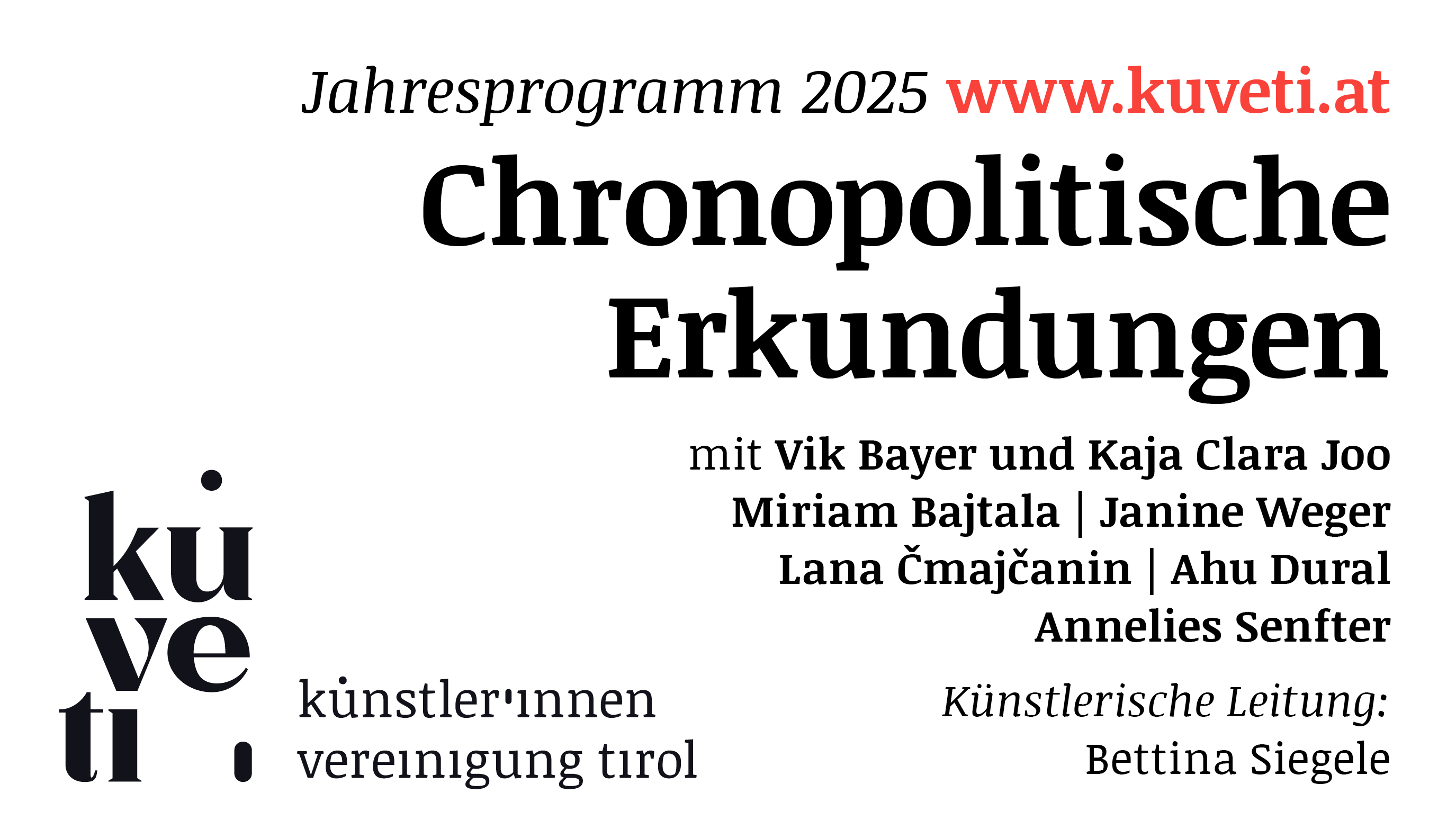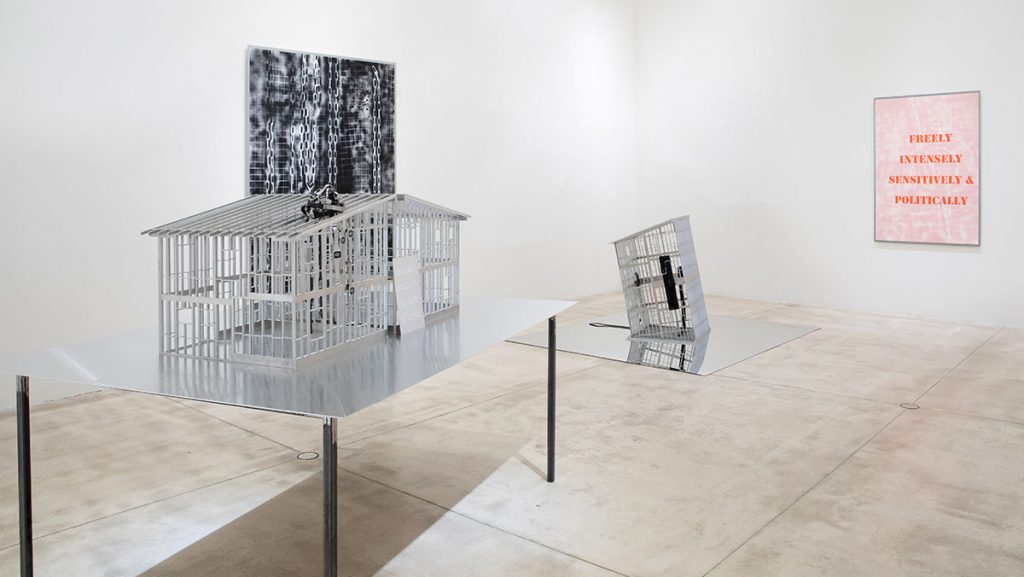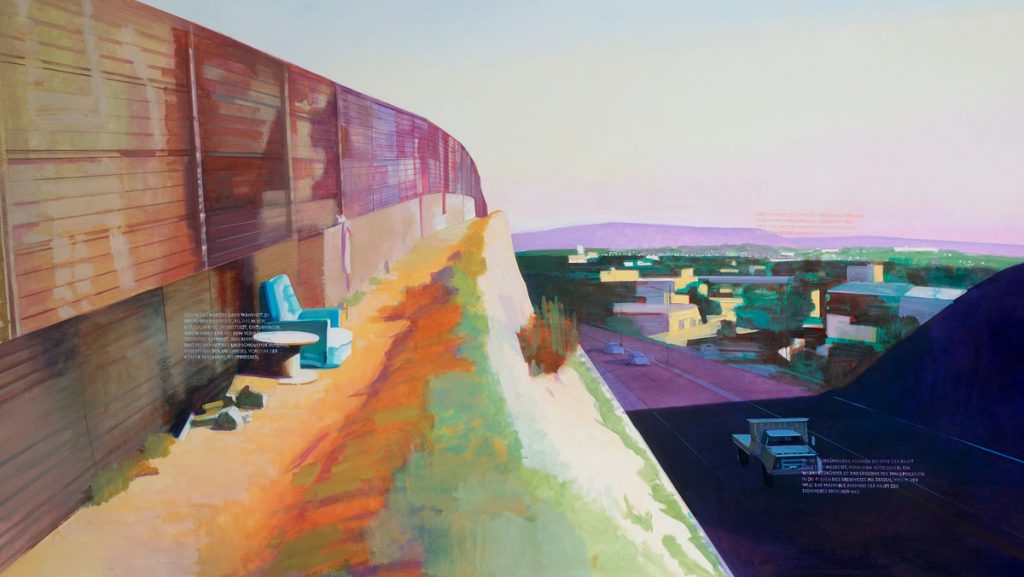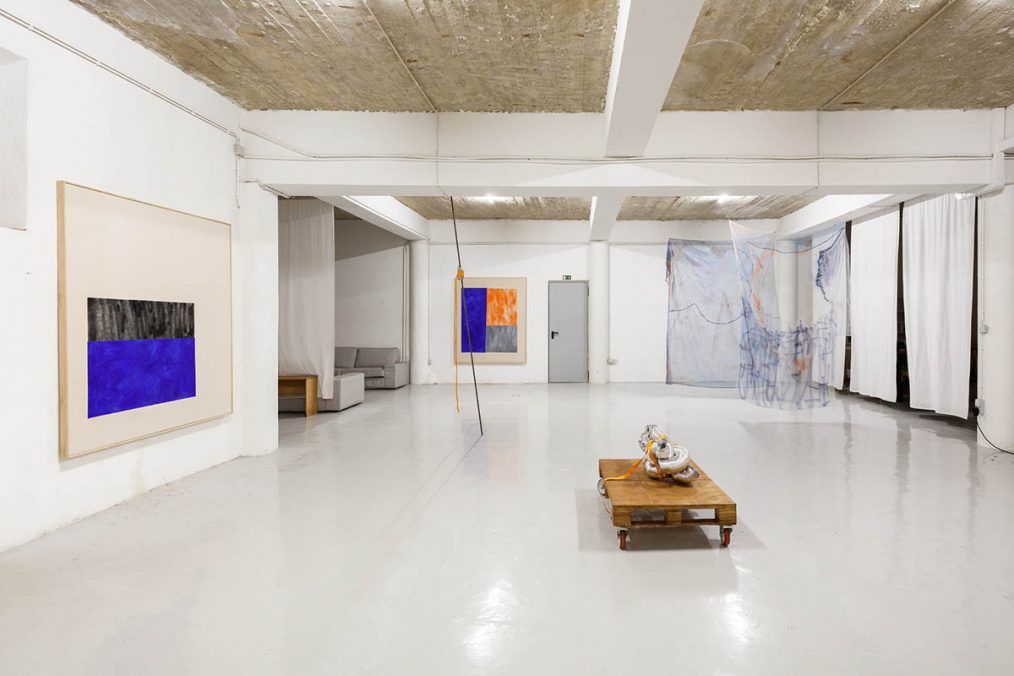
Having exhibited regularly since 2017, some of his most most relevant projects include Unknown Structures / Unnamed Spaces (Foco Gallery, Lisbon 2018), Dreamhouse (curated by Sandro Resende at Travessa da Ermida, Lisbon 2018), Deadlift (289 Project Room, Faro 2019), Linhas De Campo II (Egeu, Lisbon 2020) and most recently Careful, The Floor Is Wet (curated by Aude Vignac at Mono, Lisbon 2021). Rodrigo was also shortlisted for the Young Creators Award in 2017, and for the Millenium BCP Young Art Prize later in 2019. He is currently represented by Störung Galerie, in Berlin, where he will present his debut solo show in spring 2022.
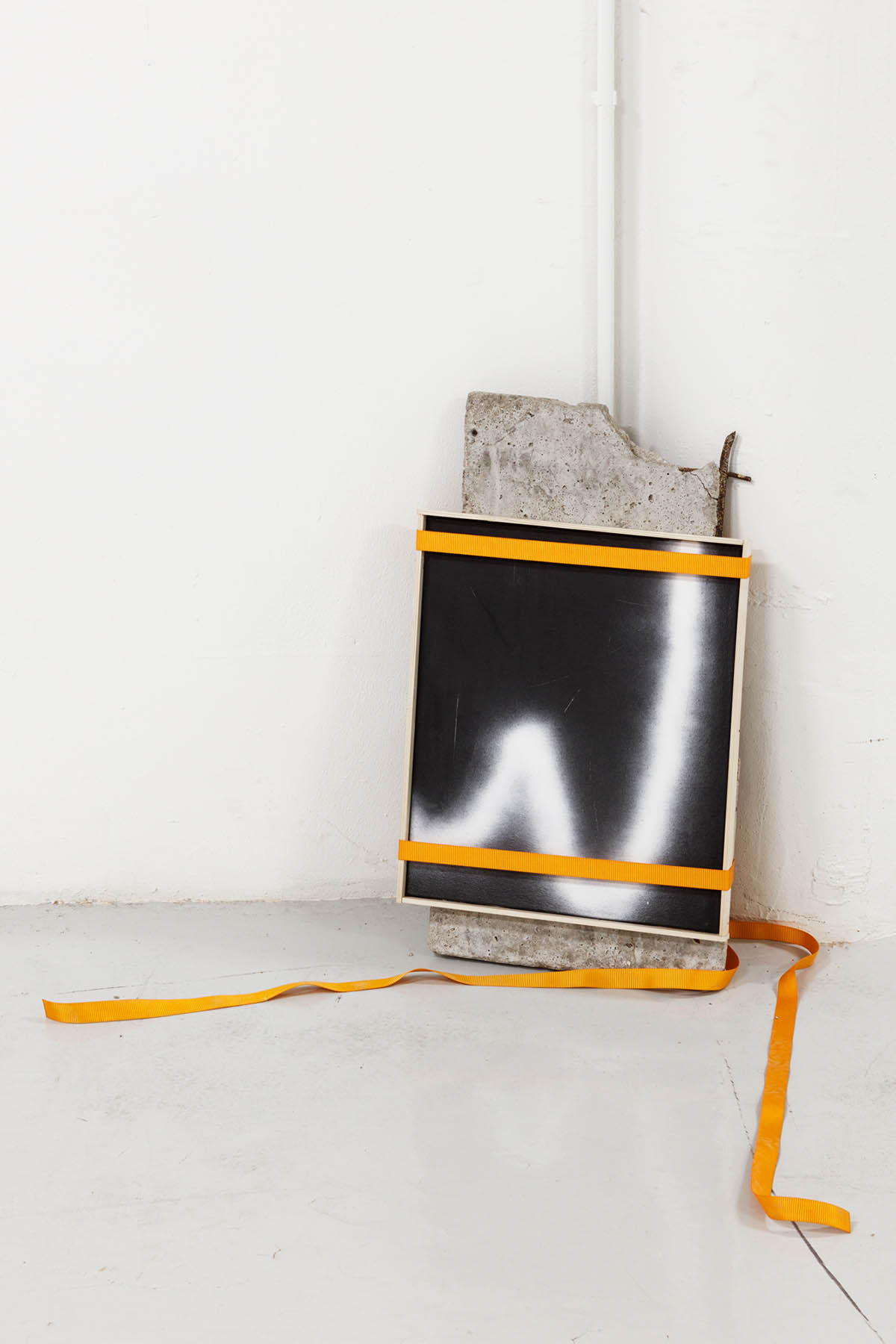
Careful, The Floor is Wet, duo show with Monique Barnett, curated by Aude Vignac, Mono – Lisbon 2021. Photo: Photodocumenta 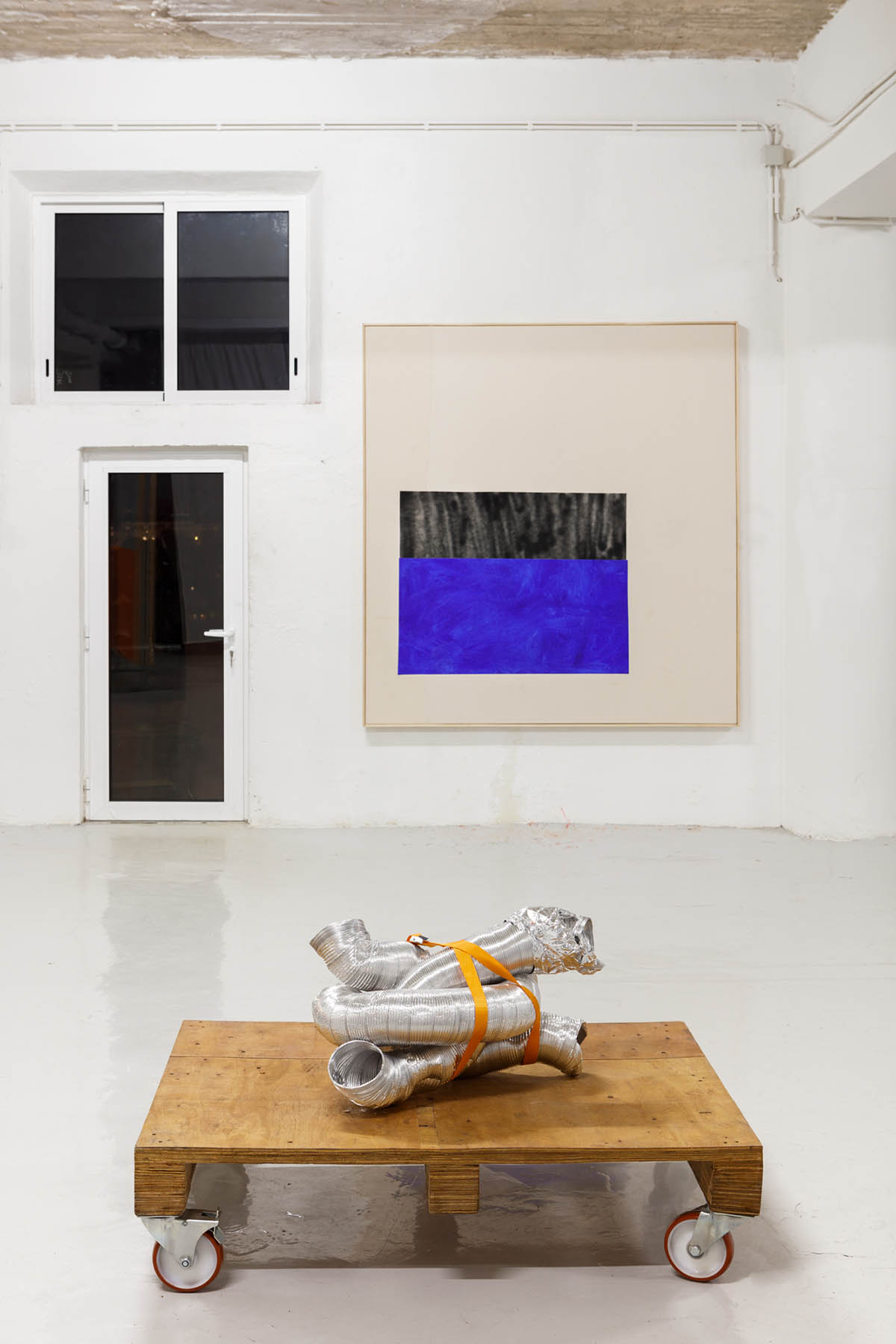
Careful, The Floor is Wet, duo show with Monique Barnett, curated by Aude Vignac, Mono – Lisbon 2021. Photo: Photodocumenta 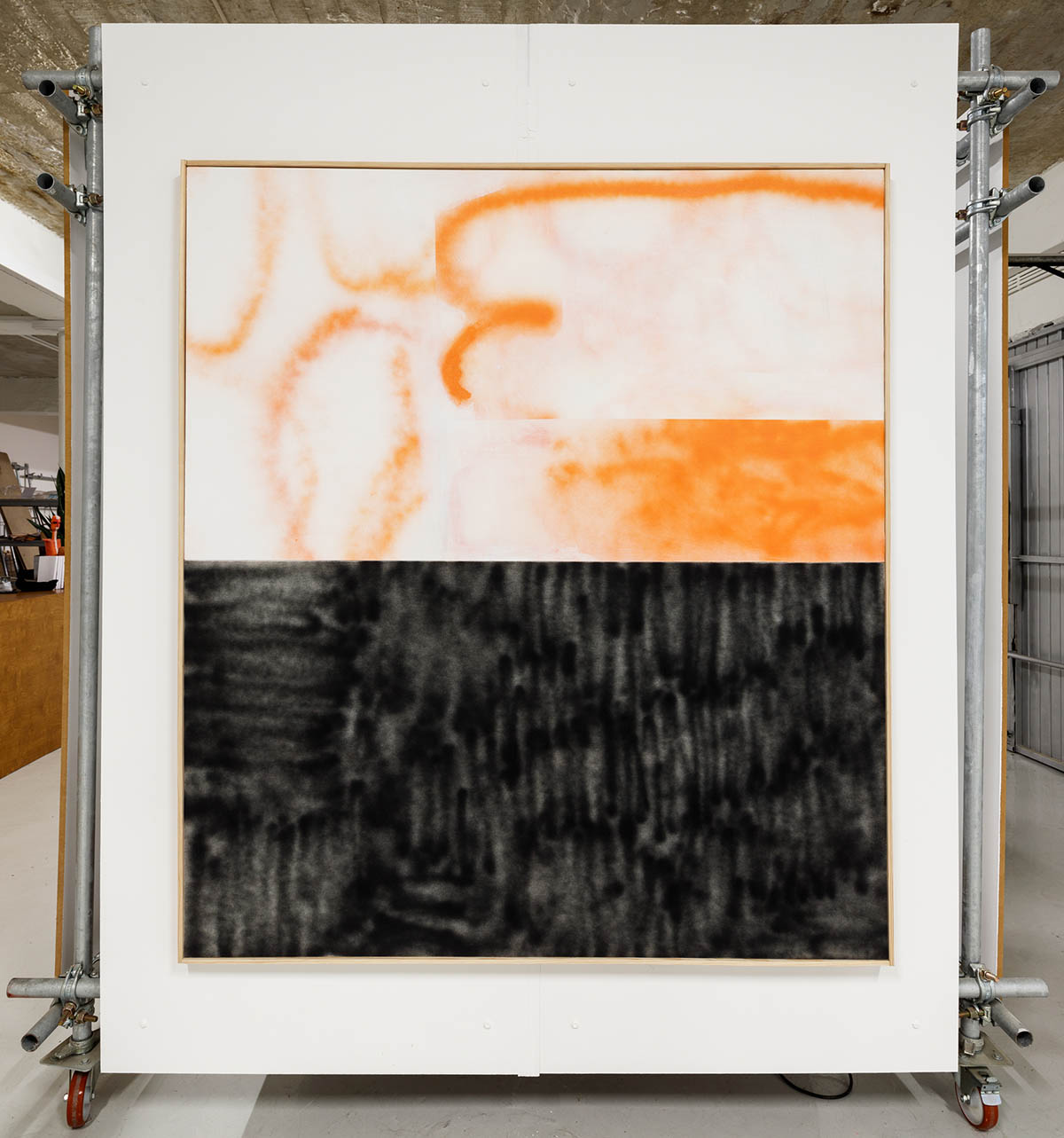
Careful, The Floor is Wet, duo show with Monique Barnett, curated by Aude Vignac, Mono – Lisbon 2021. Photo: Photodocumenta
How was your childhood like? Are your parents artists?
My childhood was fairly normal, I guess. None of my parents are at all related to art, and growing up in the south of Portugal, I only ever had actual contact with contemporary art around 2015-16, when I started my Bachelor and also began visiting Lisbon more often. Despite those circumstances, I’ve been an individual with a strong curiosity and an urge for a creative output ever since I was a kid – and that urge and curiosity still hasn’t died out. Although my parents played a great role in helping me grow not only as an artist, but most importantly as an individual through their values and support, it wasn’t always easy – they worried a lot about my future, and at times, it led to some tension among us. However, they trusted me, and as soon as my efforts started bearing some fruit, their support was completely unconditional. It’s incredibly wholesome and I’m very lucky. At some points, especially when I moved to Lisbon and was going through some personal tough times, they believed in me even more than I did!
It absolutely made a difference, and I wouldn’t be where I am, doing what I do if it weren’t for them, my colleagues, and my friends, who always had my back. And it took a while, but my mom finally lets me hang my paintings around the house.
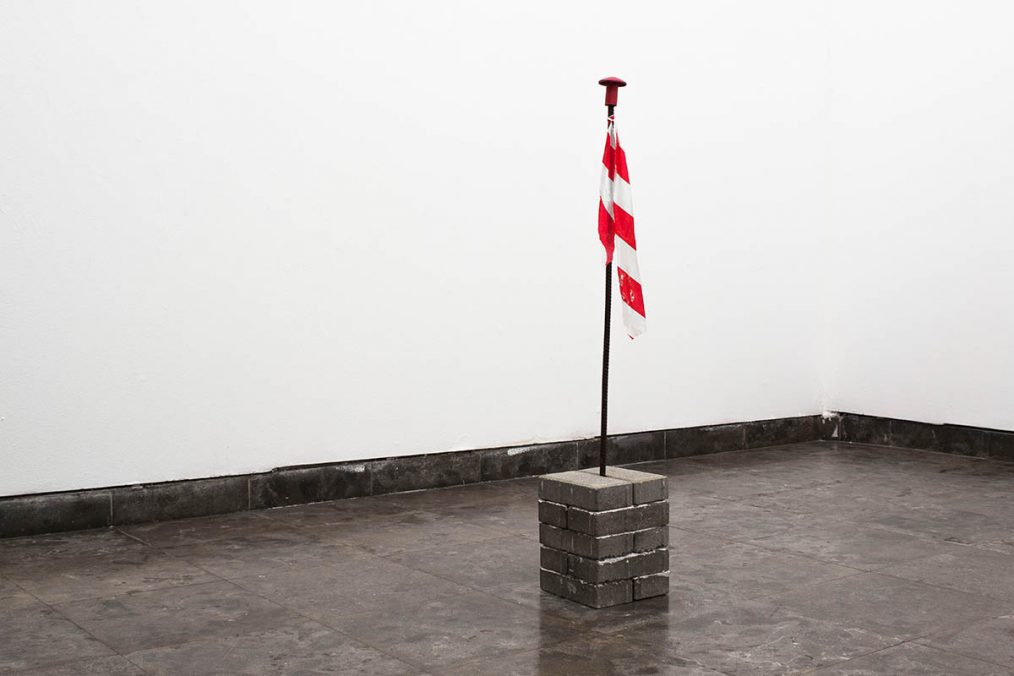
Dreamhouse, curated by Sandro Resende, Travessa da Ermida – Lisbon 2018 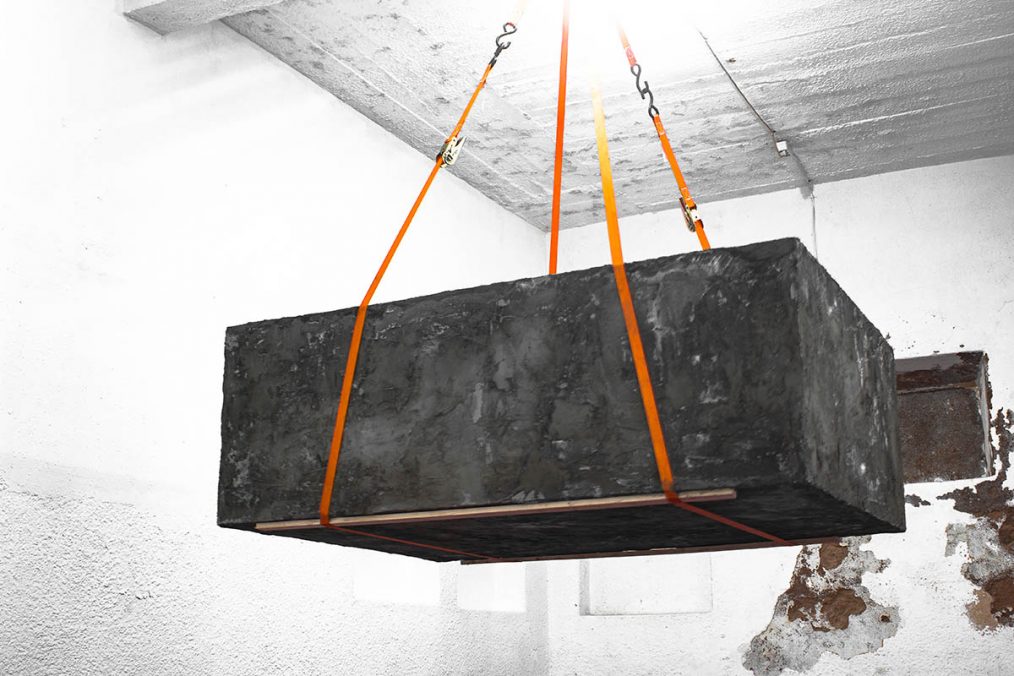
Deadlift, 289 Project Room – Faro 2019 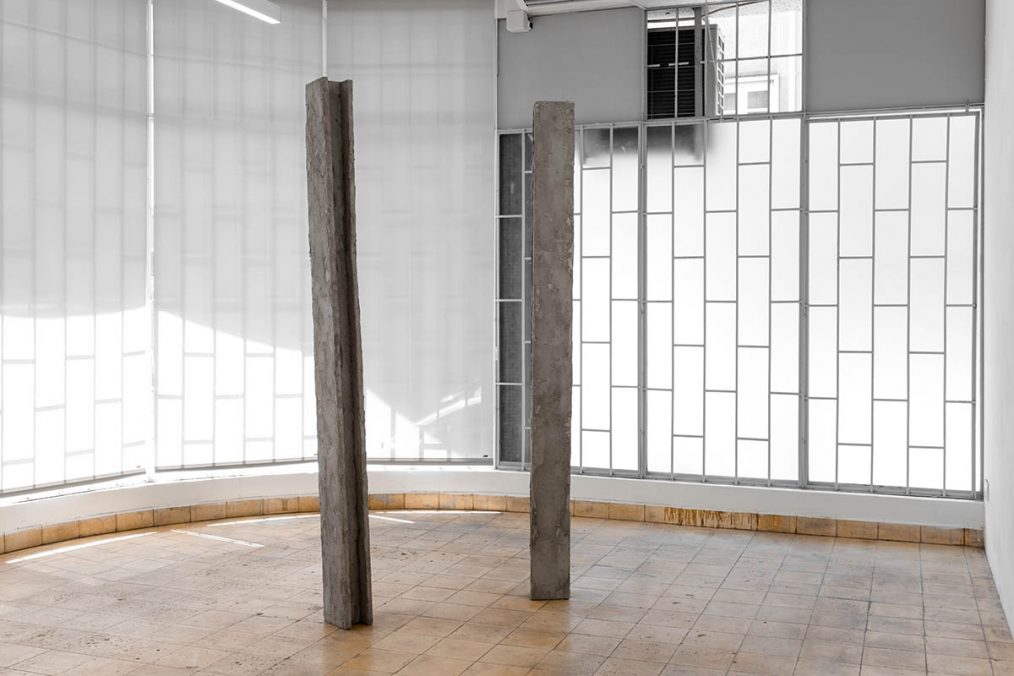
Linhas de Campo II, Egeu – Lisbon 2020
What is the basis of your art?
If I can pinpoint a basis for my artistic practice, I would surely say it lies in its multidisciplinary nature. It never felt natural to me at any point to explore just one single medium – despite there being periods of my work where I focus more on one specific thing. By exploring this necessity of mine to work with various mediums, and with different approaches, I believe it adds a multilayered complexity to my artistic productions. My goal is to have an ample timeline of objects that can always dialogue with one another, being it through coalition or direct conflict. I like to think that each of my pieces has a small narrative of its own, and when you get them all together they compose a larger narrative, or a story if you will – and the interesting thing happens when you shuffle them around, and suddenly you have older work in direct conversation with new work, and those small narratives change the bigger picture according to how you re-arrange them. The possibilities are endless. Then, if we are to dwell on the more theoretical side of it, at this moment I can say that I work about memory – and how fallible it is. Object memory, site memory and personal memory, all delicately intertwined with my private stories, fascinations, romance and sense of humor. Lately I’ve been particularly interested in the idea of departure, terminality, and farewells – how ironically humorous it feels that a forever and a farewell end up being two sides of the same coin.
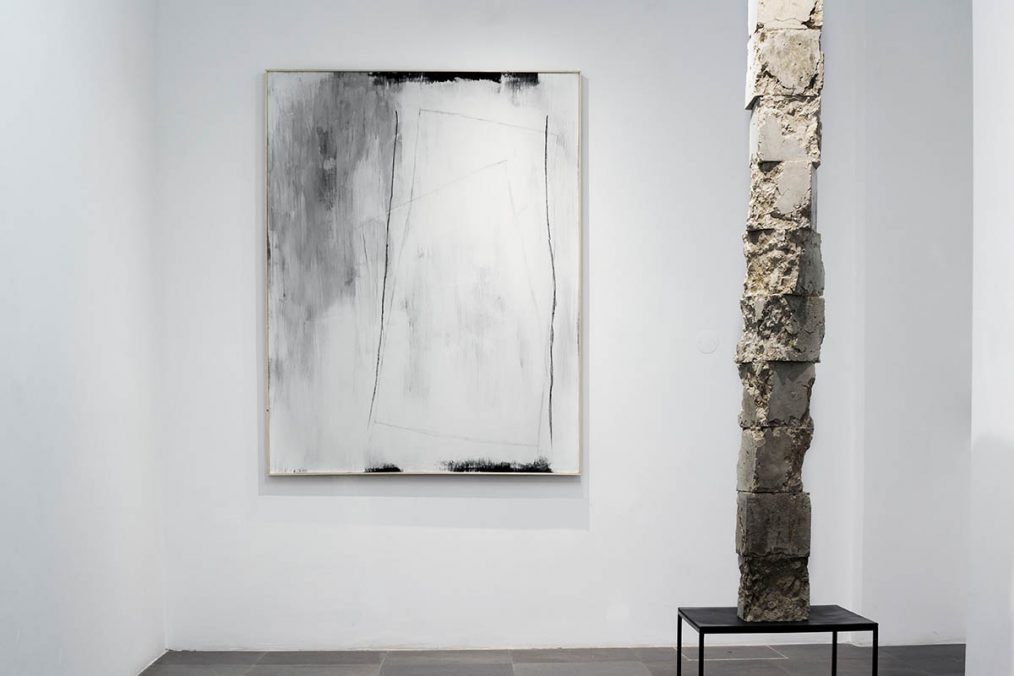
Unknown Structures / Unnamed Spaces, Foco Gallery – Lisbon 2018 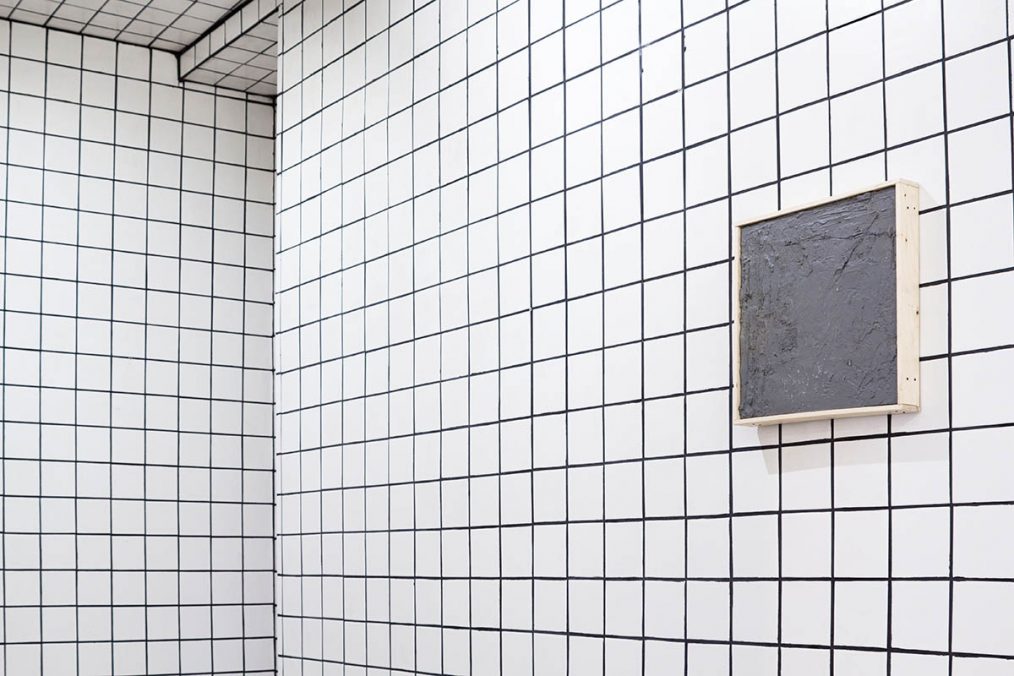
Unknown Structures / Unnamed Spaces, Foco Gallery – Lisbon 2018
What’s your inspiration?
I’m not very fond of using the word inspiration. I look at my work as a constant research, something in perpetual development, a building forever in construction – learning, conversating, and referencing itself as I go along. With that said, when we talk about inspiration, Plato’s Muses, the idea that a supernatural force beyond rationality takes over me and drives me to produce amazing works of art – no, it doesn’t really work like that. I would much rather call it a fascination, a romance, a disquietude, or even a nuisance. Because I believe it just makes more sense, plain and simple – I am fascinated/ annoyed/ bothered by this subject so I will draw from it into my work – it ends being more of an aspect of research, rather than something “inspiring”. Ok, now that my small rant is over, I am incredibly fascinated with the city and the urban environment. It’s a forever mutating landscape, full of its own artifacts, memory, and oddities. I love wondering without a specific direction whilst carrying my camera with me – I’d even say it is the most integral part of my artistic process.
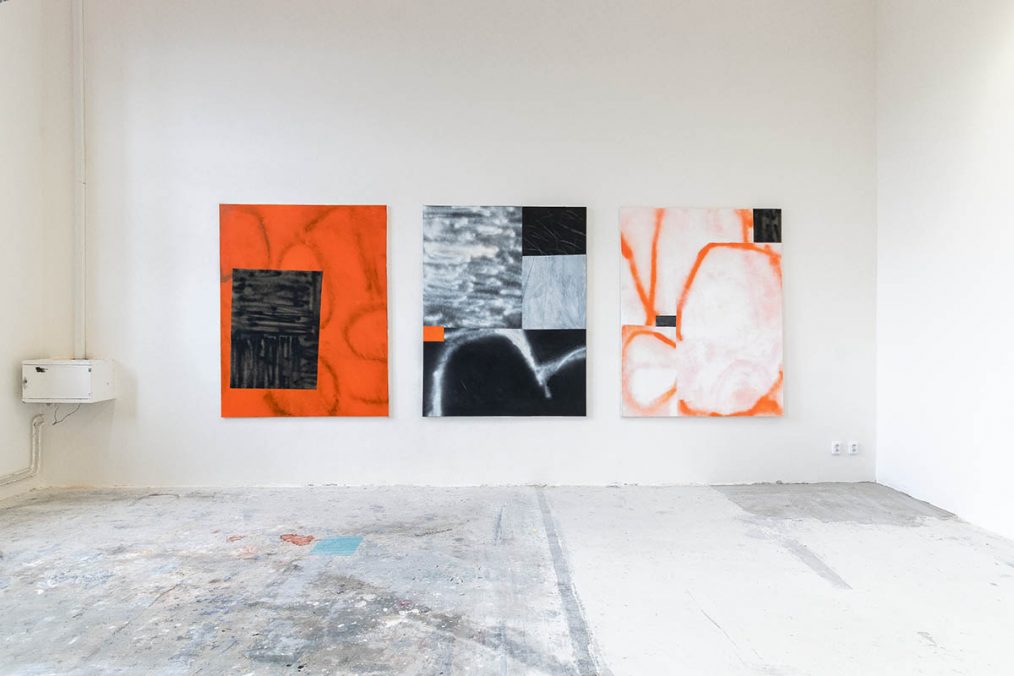
How is your workspace like?
Not a mess, but also not as neat and tidy as I would love it to be. Now I’m back to working at the school studios – they are pretty big and have loads of natural light, so I suppose it’s good for now. I’ve had a lot of workplaces through the last 3 years, as I moved around a lot – although my personal favorite was my Lisbon studio from 2019-2020. It was in the attic of a very iconic tea house, right in downtown Lisbon. It wasn’t too spacious, the walls were in a pretty bad condition, the wooden floor was old and noisy, it was deadly hot in the summer and freezing in the winter, but it had personality. I spent a lot of time there – nearly more than at my own house – and have a lot of good memories attached to that place. I try to visit it every time I happen to be in Lisbon.
What is your favorite city? Why?
Tough one. Ouch. Right now? Berlin. I’m completely infatuated with that city – I love how dirty it is, the characters you find, the crazy number of odd objects and situations you come across, and underlying all that, how historic it feels. It’s intense, it’s insane, and there is nothing quite like it, and I absolutely love it. Although, I’ll always have a sweet spot for Porto, in Portugal. I’ve never lived there but spent a lot of time in it. Just like Berlin, it has its oddities that fascinate me, but I have a more romantic-melancholic relationship with this one. I would even say there is something mystic about its streets, and the way the summery dusk embraces the city. I’ll forever feel an urge to return there.
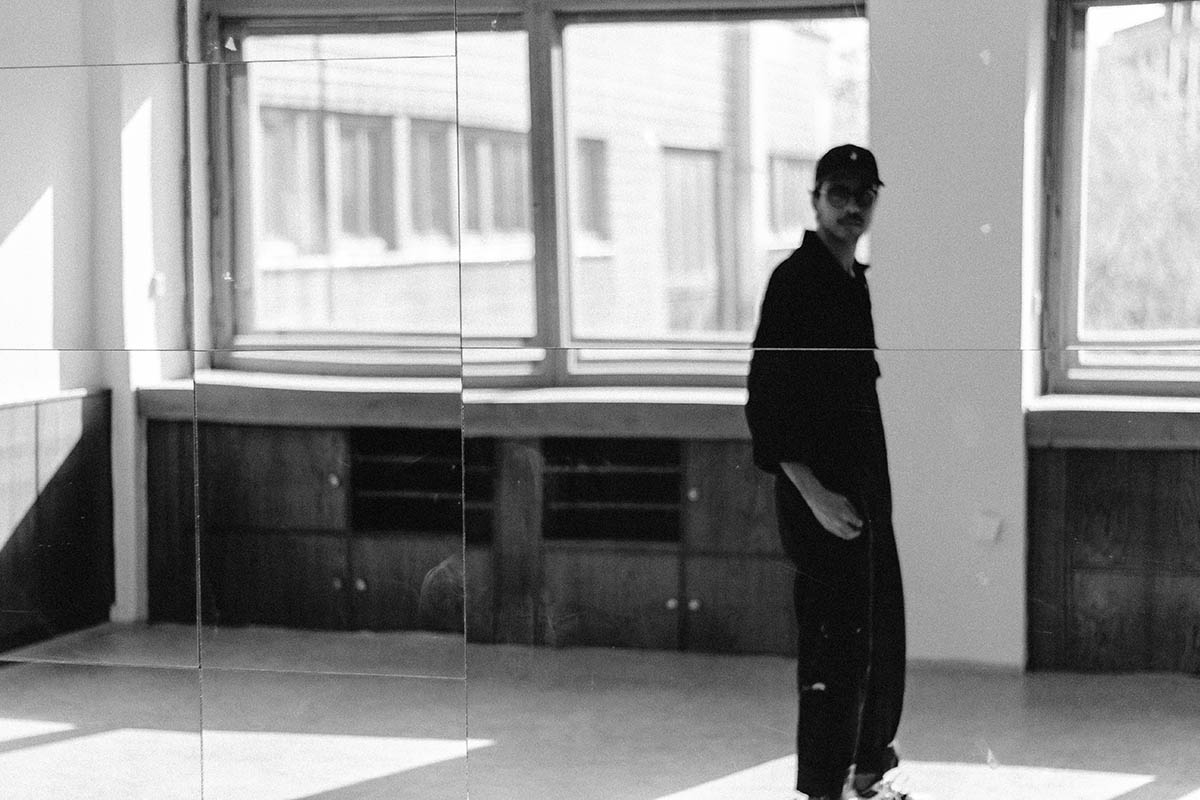
What are your future projects?
I don’t have my hands in too many projects at the moment – and that’s good in a way, because I can dedicate myself more intensely to the ones in which I am involved right now – and I’m absolutely passionate about every single one of them. I’ve gotten back in touch with my friends over at Egeu, in Lisbon, where I did a residency and a show in the summer of 2020. We’ve kept an optimal relation since then, and they are now developing a new project, Alcazar – which involves an ongoing dialogue between visual arts and literature – and it will take shape as a book. I contributed with a selection of photographs, which isn’t something I’ve done a lot so far, but I’m definitely inclined to progressively insert it into my artistic practice, so I’m really excited about it. And let’s not forget, my debut solo show at Störung Galerie, in Spring 2022. I’m super stoked about the direction my artistic research is heading for that specific show, and although I can’t yet predict how it will materialize, all the ideas that I’ve been consulting with the gallerist and the curator seem profoundly interesting to me. Besides that, I believe it’d be a good idea to finish my thesis on time, and after I’m done with it, I feel like the most logical step would be to re-route my journey onto Berlin. Let’s see however, I enjoy being surprised.
Rodrigo Rosa – www.rodrigo-rosa.com



